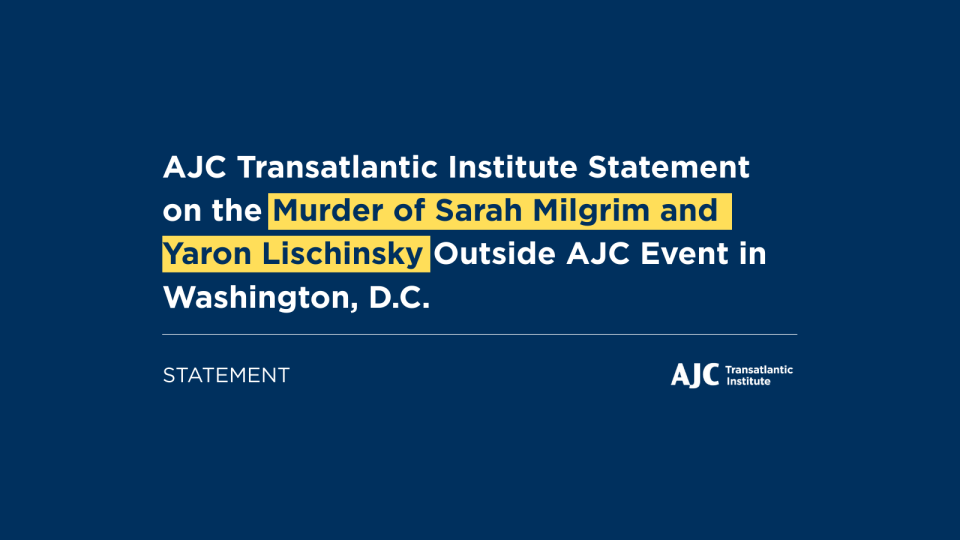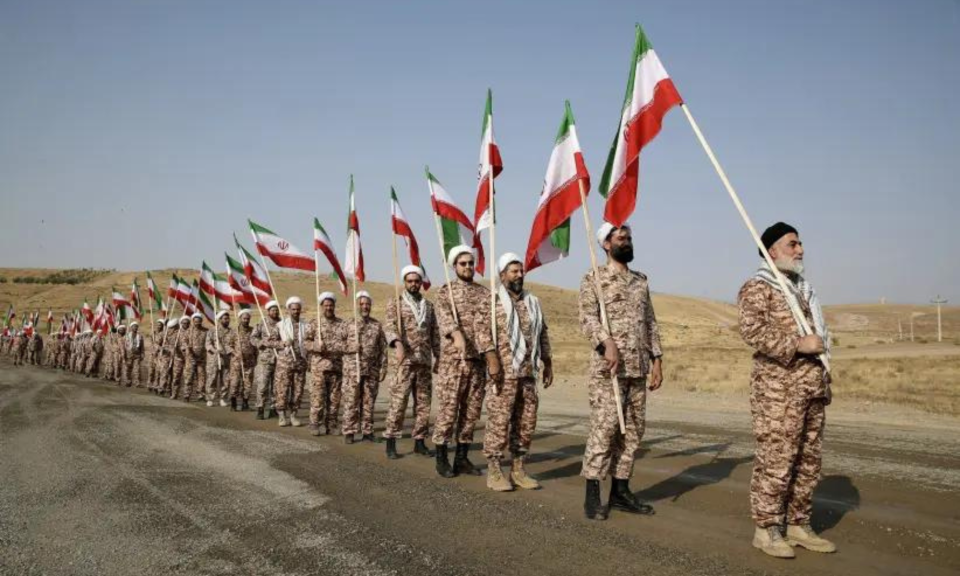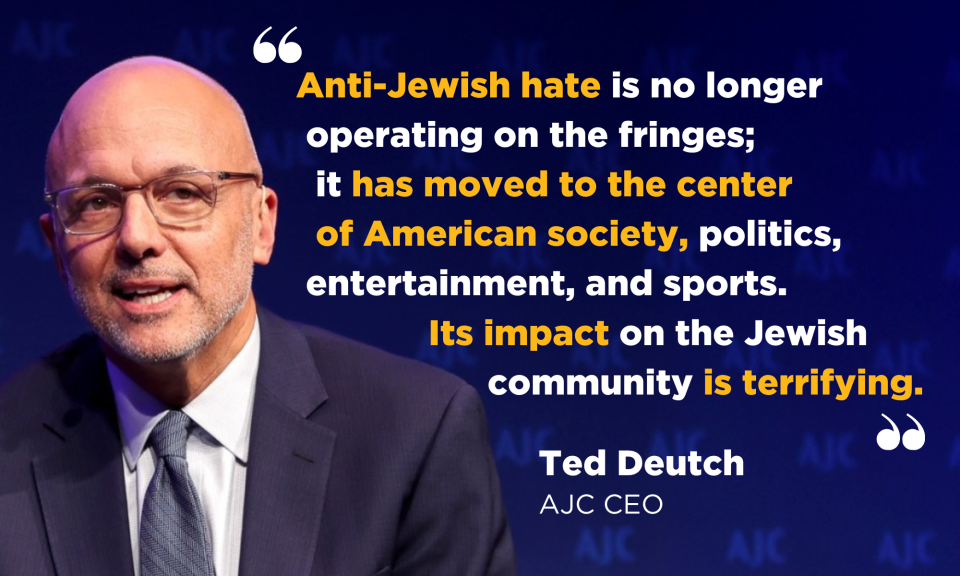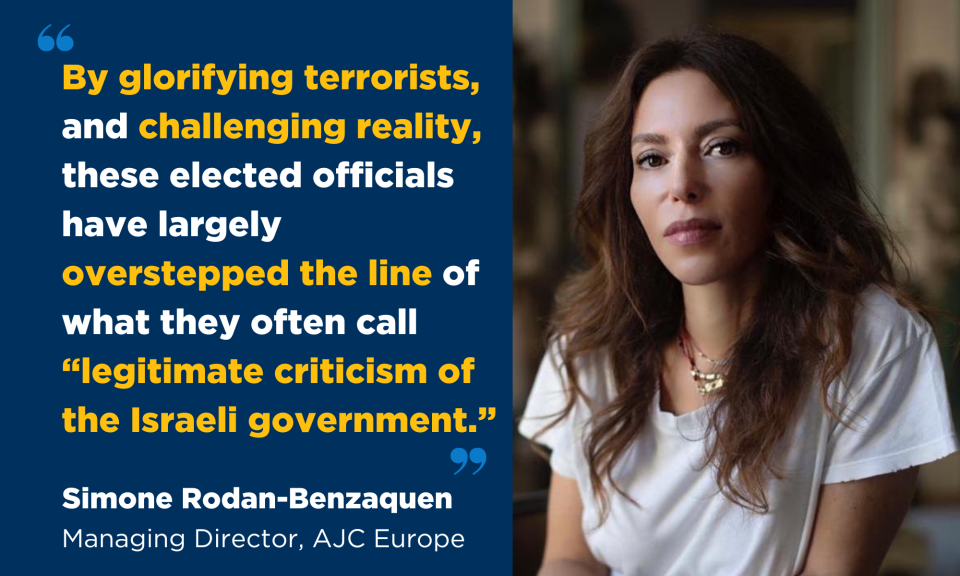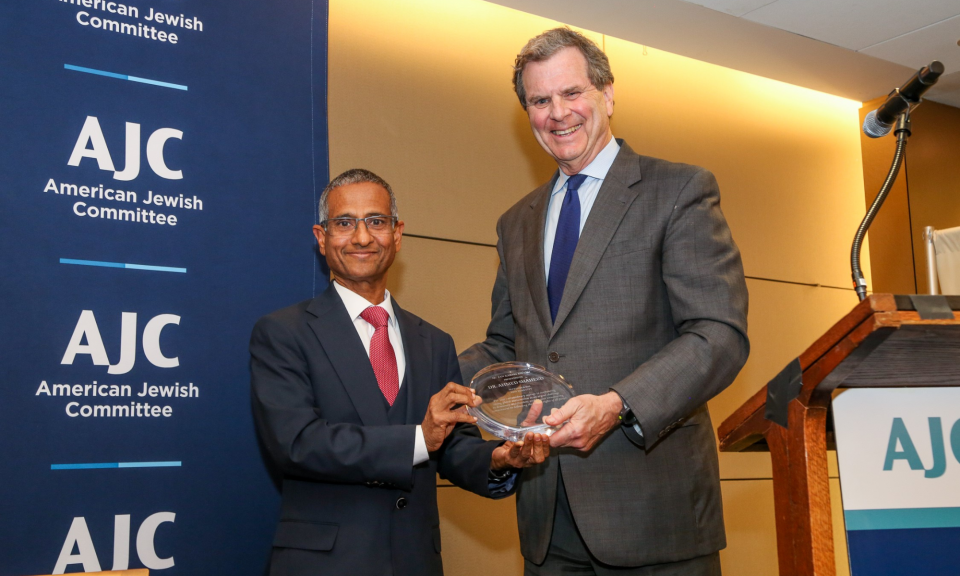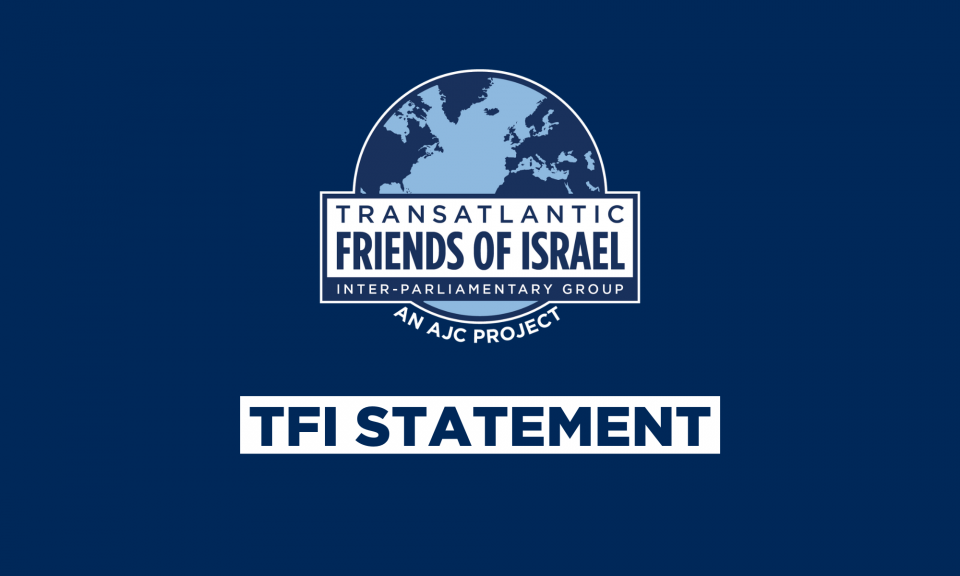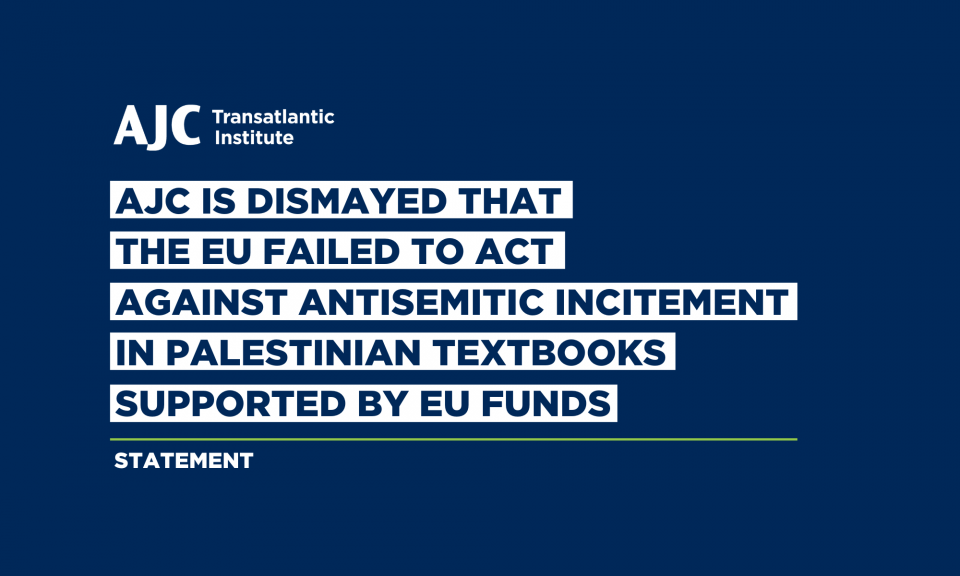Analysis
UN Finally Confronts Antisemitism
The Times of Israel 16 October 2019
by Felice Gaer
When Dr. Ahmed Shaheed, the United Nations Special Rapporteur on Freedom of Religion or Belief, released his 2019 annual report to the UN General Assembly, my organization, AJC, called it historic.
It is the first UN human rights report wholly dedicated to anti-Semitism. It thoroughly and thoughtfully examines and documents anti-Semitic violence, discrimination and hostility that, in Dr. Shaheed’s words, are “increasing in magnitude” and creating a “climate of fear” in Jewish communities worldwide. The report finds that anti-Semitism is “toxic to democracy” and “threatens all societies in which it goes unchallenged.”
Global anti-Semitism – its dimensions, harmful impact, sources, manifestations in violence and discrimination, and use in contemporary rhetoric including online hate, and how it is monitored — are assessed.
The UN Special Rapporteur is an independent human rights expert appointed by the UN Human Rights Council. Dr. Shaheed, a former foreign minister of the Maldives, and now Deputy Director of the Human Rights Centre at the UK’s University of Essex, also examined government measures to combat anti-Semitism, from security protection of religious sites to teaching about Jewish religion and culture. He discusses inaction that allows anti-Semitism to flourish worldwide and offers recommendations to states, civil society actors, and the UN.
In recent years, UN Secretaries-General have called for action to combat anti-Semitism. But all too often, in past cases when UN human rights experts paid attention to the subject of anti-Semitism, they have felt compelled to compare it to other forms of identity-based hate. More often, it simply has been ignored.
Particularly after the 2001 Durban World Conference against Racism, notorious for anti-Semitic displays that alienated Jews from the UN, the organization’s human rights experts have mostly shied away from addressing the subject. This has been encouraged by UN member states, led by the Arab bloc, whose diplomats rarely miss an opportunity to link the subject of anti-Semitism to the Arab-Israeli dispute, as if it in some way justifies promoting negative stereotypes of Jews and making all Jews wherever they live targets of abuse. In this difficult context, Dr. Shaheed’s decision to address the subject of anti-Semitism as a stand-alone issue is all the more courageous.
The report surveys anti-Semitism as a global phenomenon. It outlines issues and trends from the U.S. and Europe but differs from other UN reports in its discussion of anti-Semitic attitudes and violence against “Jewish individuals and sites” in Asian, African, Middle Eastern and Latin American countries with little or no Jewish populations. It recognizes anti-Semitism is spread through biased textbooks and media portrayals, notably by Saudi Arabia, Iran and Hamas.
The report looks further into the varied sources of anti-Semitism than any UN body has done previously. It finds they come from the far right, from members of radical Islamist groups, and from the political left. While my organization, AJC, has long identified these three sources, until now no UN report has been so frank.
Shaheed states that some anti-Semitism stems from religious narratives (“collective guilt for the murder of Jesus”) and expressions of contempt for the Jewish religion (including “the false allegation of ritual murders”). It recalls that the Nazis relied upon race hatred and discrimination to justify persecution and genocide of Jews. Dr. Shaheed rejects use of negative stereotypes like those in the “discredited forgery” The Protocols of the Elders of Zion, which “underpin modern conspiracy theories.”
In a further display of political courage rare at the UN, Dr. Shaheed also confronts and rejects politicization of anti-Semitism. He finds that “individuals claiming to hold anti-racist and anti-imperialist views employ anti-Semitic narratives or tropes while expressing anger at policies or practices” of Israel. Moreover, “in some cases, individuals expressing such views have engaged in Holocaust denial; in others, they have conflated Zionism, the self-determination movement of the Jewish people, with racism; claimed Israel does not have a right to exist…” He emphasizes that “it is never acceptable to render Jews as proxies for the Government of Israel.” The report also notes, as has UN Secretary-General Antonio Guterres, that support for bringing about the end of the State of Israel constitutes anti-Semitism.
Dr. Shaheed recommends that all UN Member States adopt the International Holocaust Remembrance Alliance (IHRA) “Working Definition of anti-Semitism” because it can offer “valuable guidance for identifying anti-Semitism in its various forms” and serve “as a critical, non-legal, educational tool…” Examples that are part of the Working Definition which show how anti-Israel expression can constitute anti-Semitism are included in the report. No UN report has ever recommended this important step before.
A recommendation to the United Nations asks the UN Secretary-General to appoint a senior-level focal point on anti-Semitism to engage with the global Jewish community. This position within the UN will ensure the world body continues to focus on anti-Semitism as a priority.
In 2004, I first sounded the alarm at the UN that anti-Semitism is not ‘hooliganism’; it is a form of abuse that seriously impacts the ability of Jews, and others, to enjoy fundamental human rights including the right to manifest their religion. With Dr. Shaheed’s report, we have finally seen a UN human rights expert unreservedly agree. While much work is needed to implement his recommendations, this is a welcome, and historic, new beginning.
